🏷️ Categories: Learning, Mental models.
A few days ago I was with my partner in a beautiful botanical garden...
We walked among trees and exotic flowers that made me dream, admiring the sublime mix of colours, shapes and smells that only nature can achieve. It was there, while she stopped to photograph a hibiscus, that I started to think about gardens. No, not the normal ones. I thought of the metaphor of the mental garden, the soil that we are, made from learning, skills and a bit of everything that happens to us.
A fertile place, but one that can become overgrown with weeds and dry leaves if we abandon it.
— Why does everything always have to be about nature,’ I said to myself.
Imagine that every thing you know, every skill you have, is a plant in this space. Some are sturdy trees, full of fruit that practice and time has given you. Others are tiny shoots just beginning to grow, still shy, waiting for water and sunshine. And then, of course, there is the unplanted land, a fertile place full of possibilities. What a beautiful idea, isn't it?
To see ourselves as a garden.
That's what I'd like to talk to you about today, about how to apply this mental model to empower our learning, inspire us and expand our knowledge.
Will you join me?
What is a mental garden?
The mental garden represents all the areas of knowledge and skills that we have cultivated throughout our lives. Within this space, we find:
🌳 Trees: Areas in which we already have mastery through practice and experience.
🌱 Sprouts: New learnings that require time to develop.
🟫 Fertile ground: Untouched areas in which we could develop.
This approach will make you see with clarity and confidence the areas you already master and motivate you to expand into new areas (fertile ground).
1. Advantages of developing in the garden
Performance: The decisions and actions you take are based on your experience and understanding, which reduces mistakes and increases your performance.
If you are proficient in cooking, your recipes will always make a good impression.
If you master writing, you will write faster and with high quality.
Opportunities: In your garden you can identify opportunities that those who lack the same experience as you might overlook.
Experience in the kitchen will make you instantly see new combinations of spices and ingredients from other cultures that an apprentice would miss.
If you write historical novels, you can easily see original settings that have not yet been explored by most authors.
How to expand the garden
Many people overestimate their abilities in areas about which, in reality, they know very little. This overconfidence leads to reckless actions and wrong decisions. They are like gardeners who grow exotic plants without the necessary experience, which leads to bad experiences.
If you want to expand your knowledge steadily and reliably, follow these steps:
1. Check the robustness of your trees
Richard Feynman, the Nobel laureate in physics, had a technique for mastering learning.
Pick a topic and explain it as if you were teaching it to a person who knows nothing about the subject. Notice how good your explanation was and where you had difficulty explaining the concepts in a simple way. This will reveal where you still don't have enough understanding and need to make progress.
That is the difference between having sprouts and having trees.
The more trees you have, the more areas you will take advantage of the double advantage of being in your garden: better yields and better opportunities.
I talk in detail about this technique here.
2. Grow on adjacent land
Planting nearby is the most efficient way to expand.
A common mistake is to want to grow fast on land we know little about.
If you've never written fiction, don't try to write a fantasy saga like Harry Potter. A smarter way to approach that uncharted terrain is to plant nearby. If you usually write non-fiction, start by writing stories about everyday events and gradually expand.
Non-fiction → realistic stories → fantasy stories → fantasy novel.
This way you hone and spread your skills quickly and reliably.
3. Make the tree grow and branch out
Prioritise timeless information with a long digital half-life to raise your capacities.
If much of your mental fertiliser is timeless information, you are growing on reliable ground. Think of mathematics: if you know how to add, you can multiply, but if you know how to add and subtract, you can multiply, divide, use algebra, fractions?
Quickly your mental garden spreads, opening up a world of possibilities.
A good way to know what is worth consuming is to observe the Lindy effect.
4. Learn from the best gardeners
Learning has a component of observation and imitation. Learn from the best to accelerate your growth and expand the resources of your mental garden.
Want to learn to write short stories? Study the work of Jorge Luis Borges.
Interested in science fiction? Learn from Isaac Asimov.
Interested in fantasy? Tolkien is the one you're looking for.
In all fields there are references. See how they create. It's not about copying, it's about expanding your resources. Would you call someone who studies how Picasso uses his brushes an imitator? You are improving your technique to then create your own works.
To improve, first know the perimeter of your garden, then take advantage of the double advantage that space gives you and work hard to expand your garden into more land.
Never fool yourself about what your capabilities are.
Never be afraid to say, ‘I don't know’.
For more ideas on how to maximise your learning, check out these cards:
✍️ Your turn: What are you doing today to cultivate and expand your mental garden?
💭 Quote of the day: «I have never forgotten what he said: that this land was beautiful, the most beautiful of all. This is where the lilies bloom.» Vera Cleaver, Where the Lilies Bloom.
Take care of yourself and never stop learning! See you soon 🌱





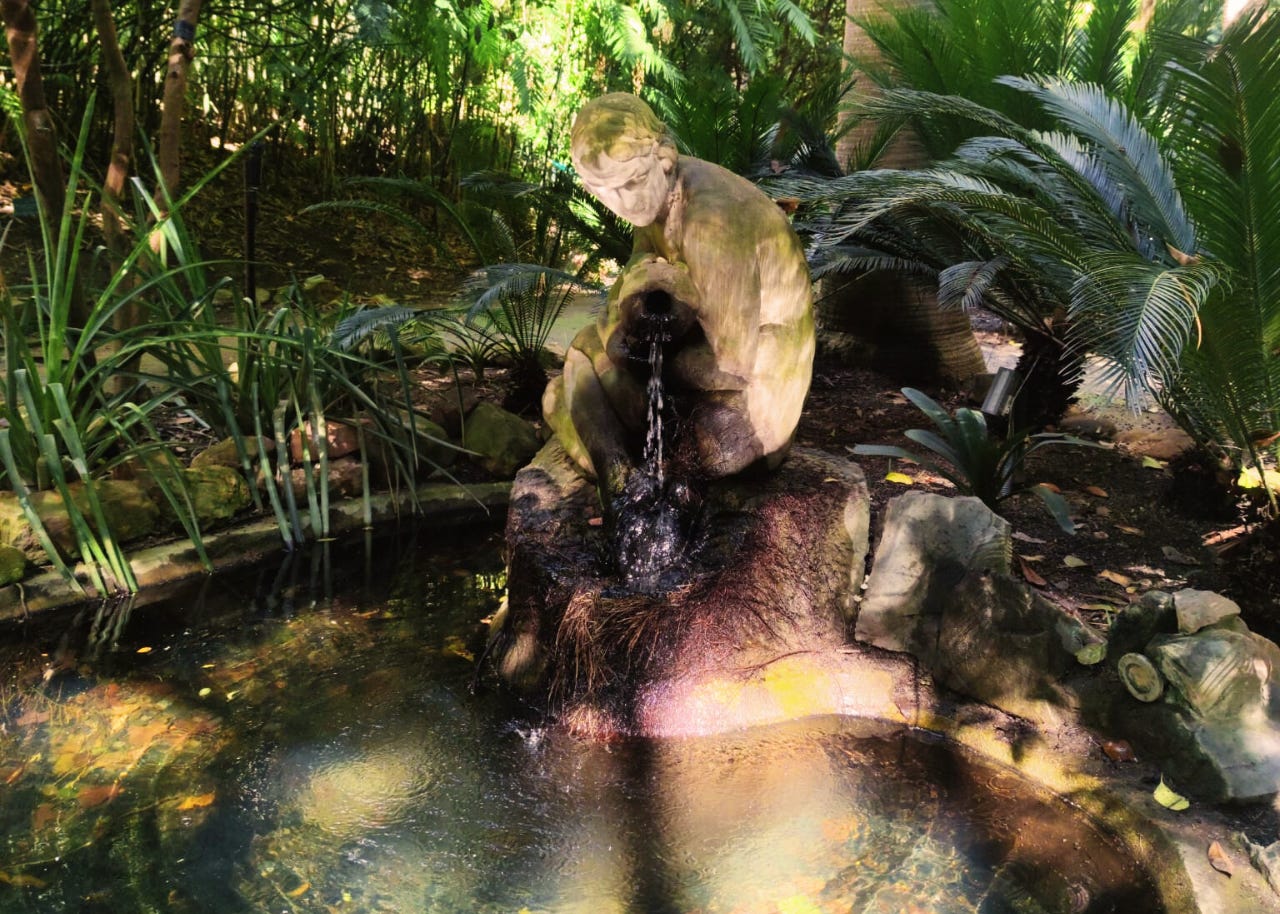
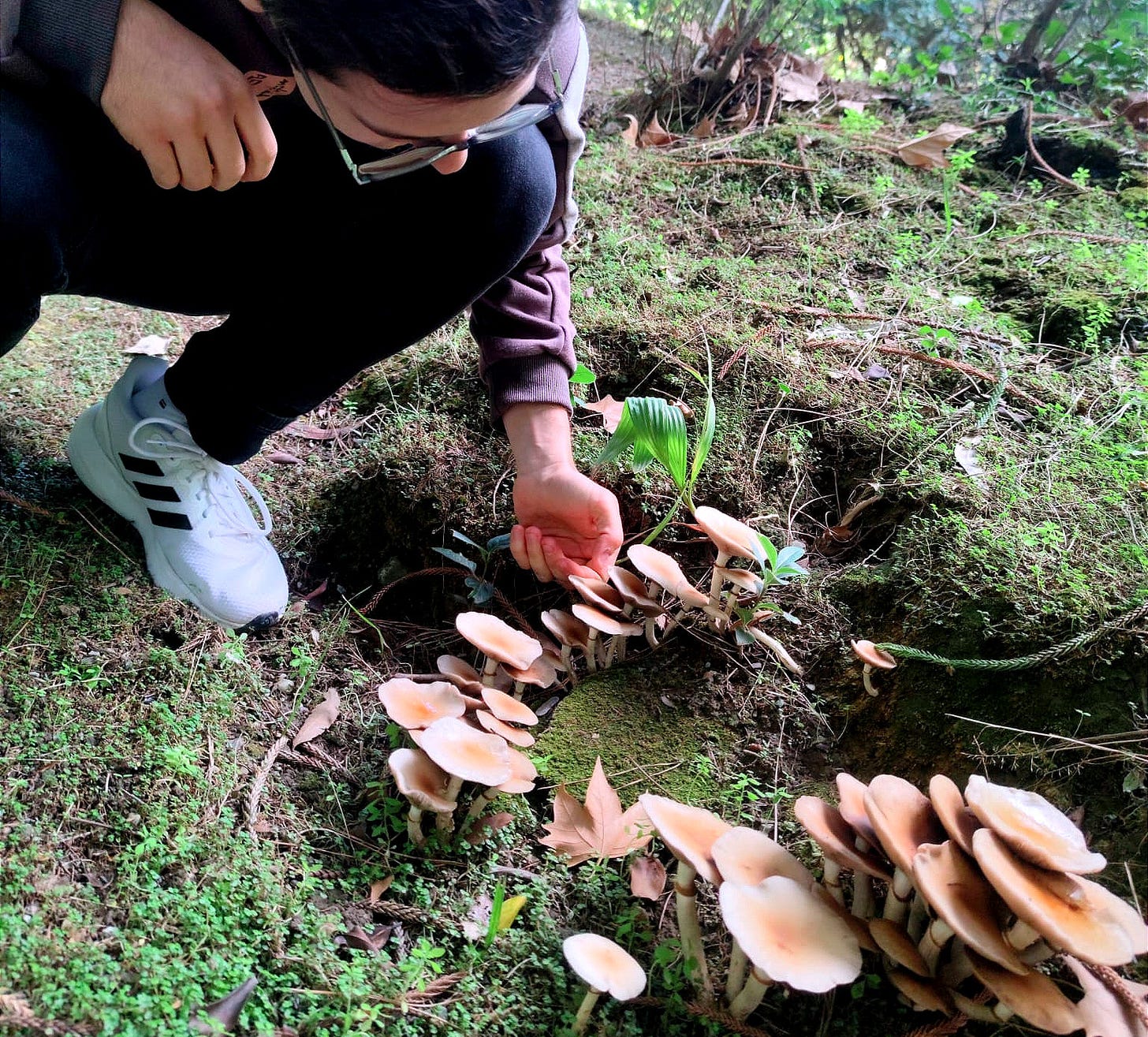

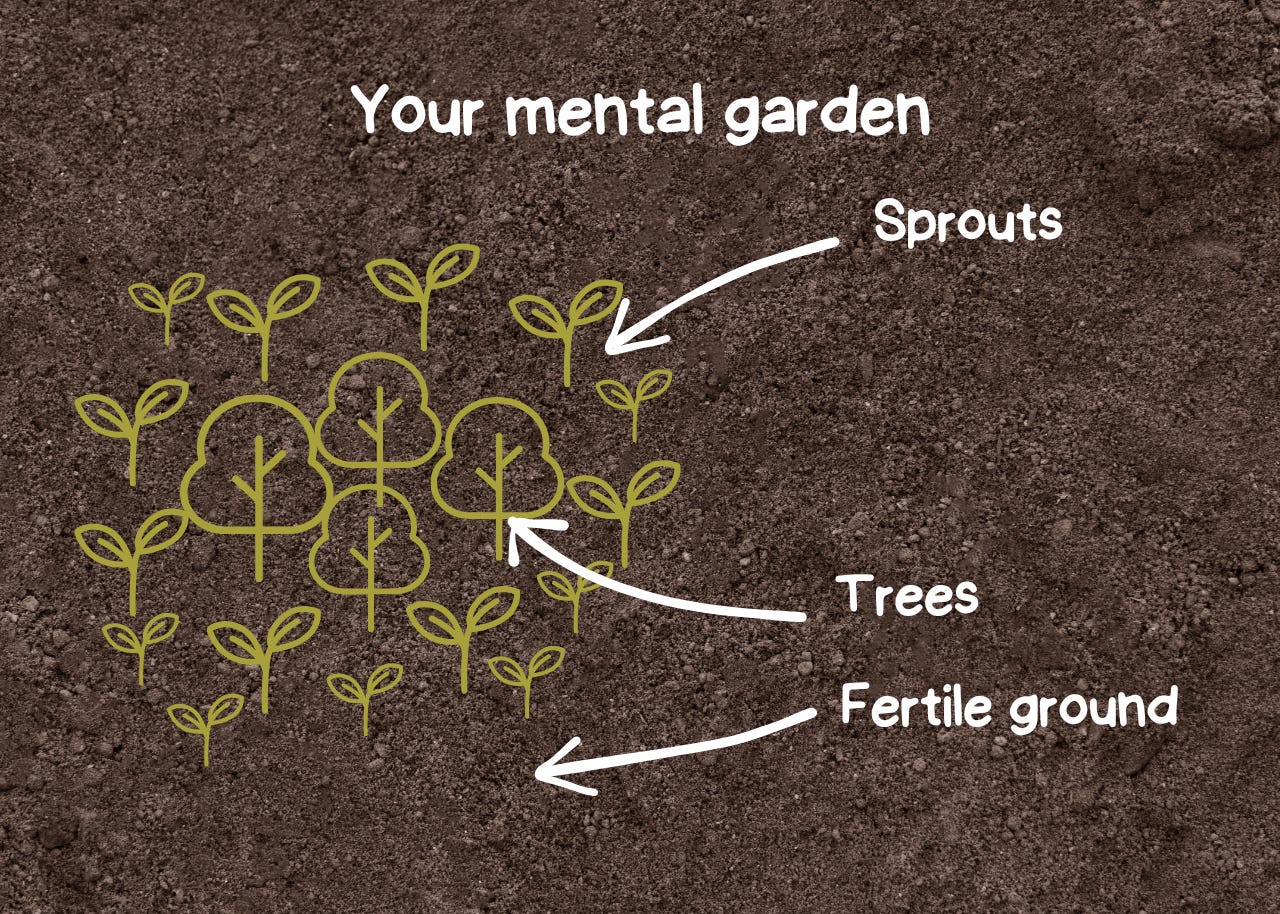
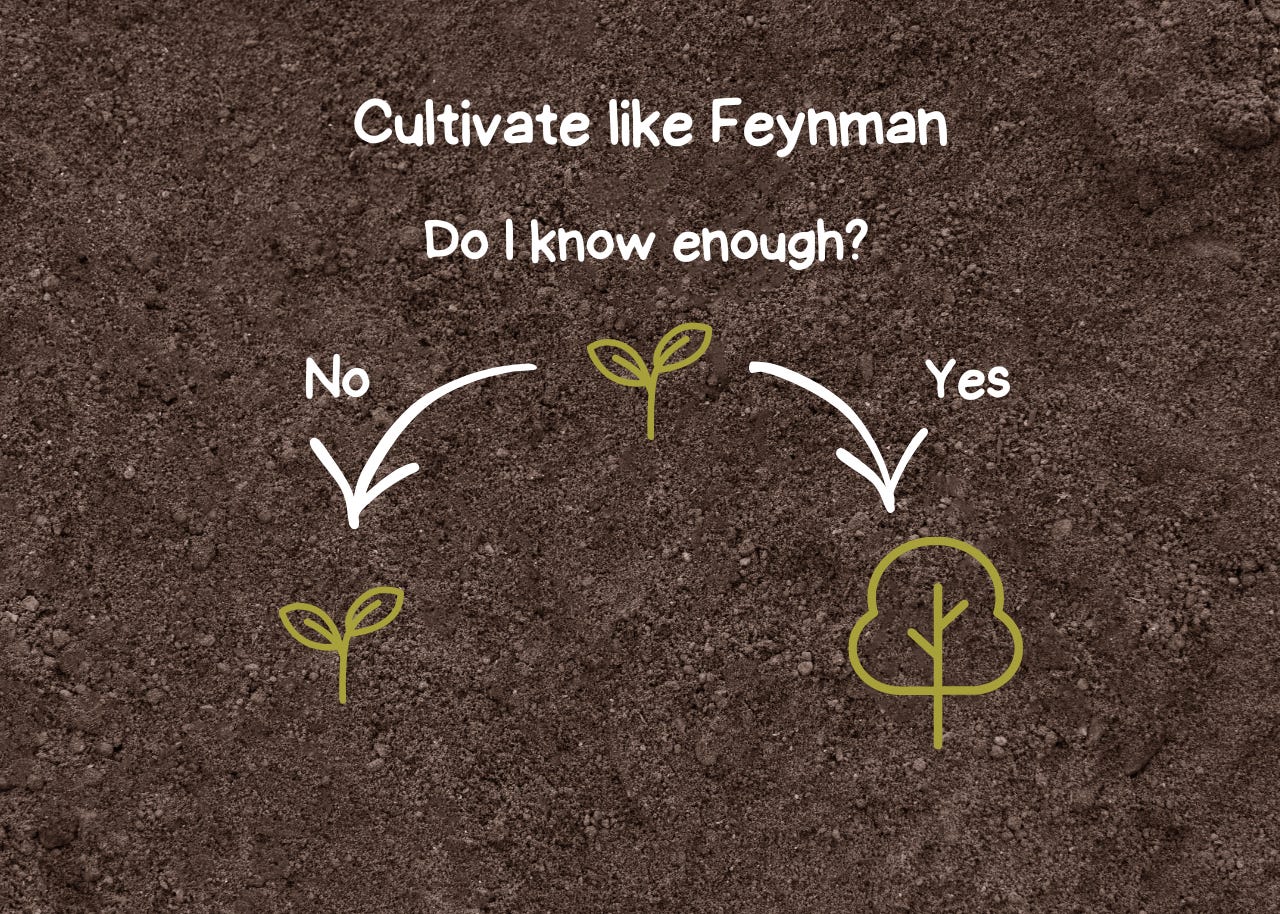
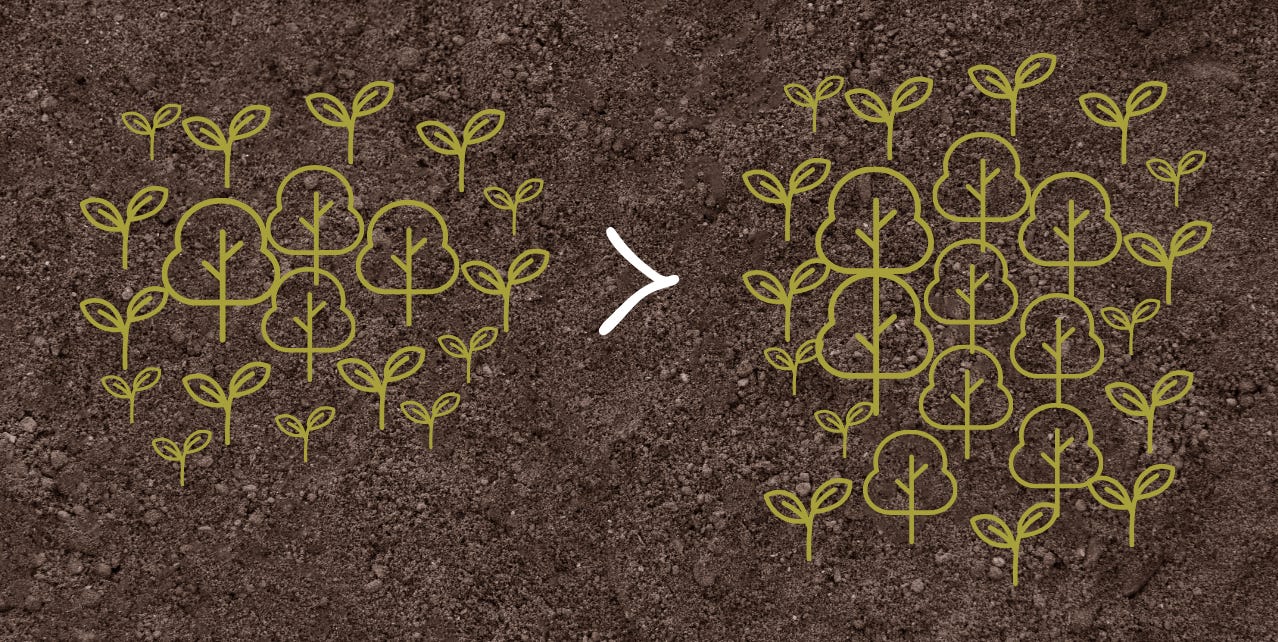
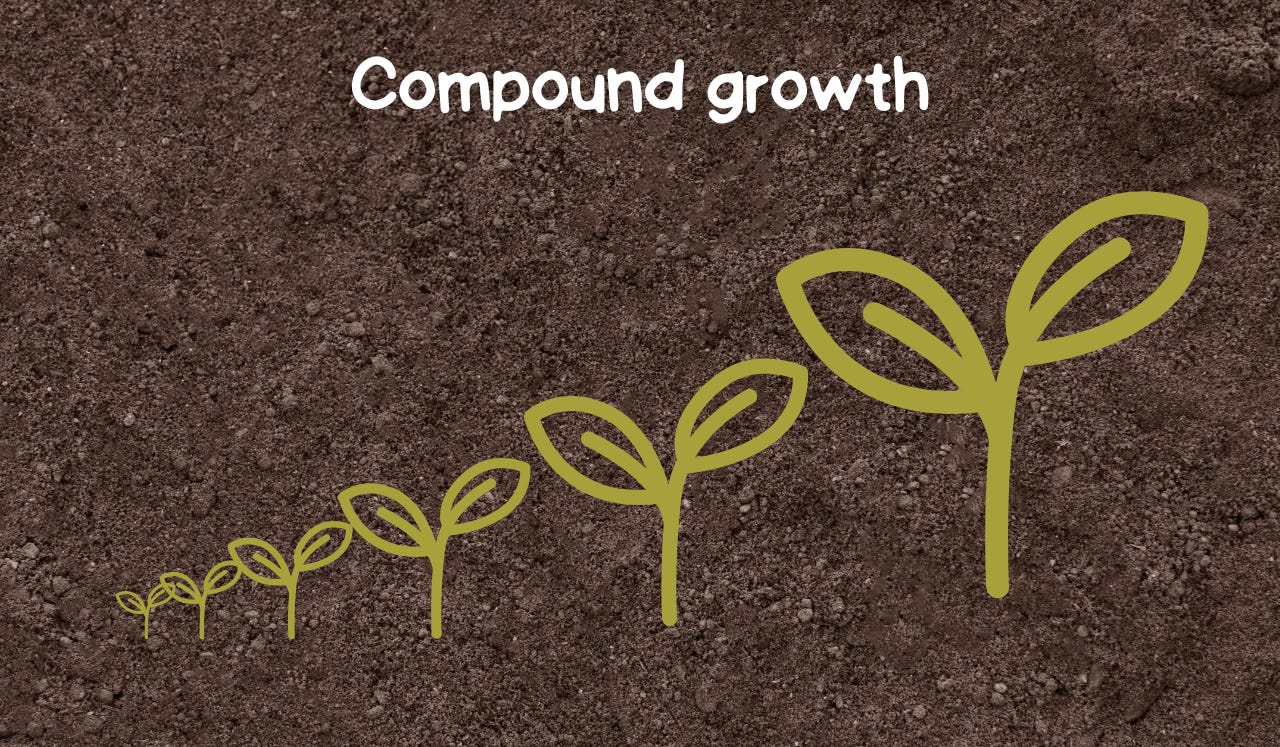
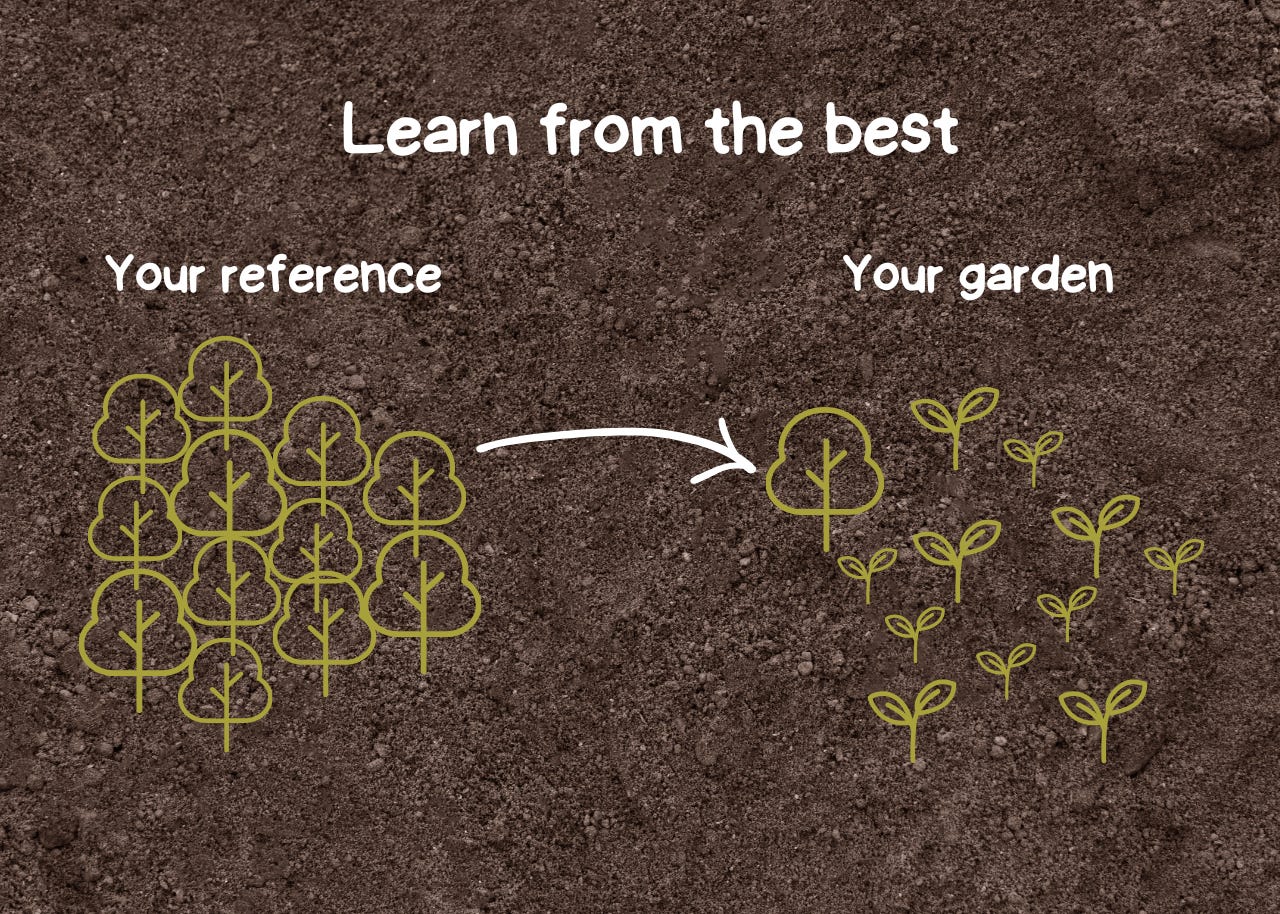

Very interesting. Thank you for introducing me to the Lindy Effect.